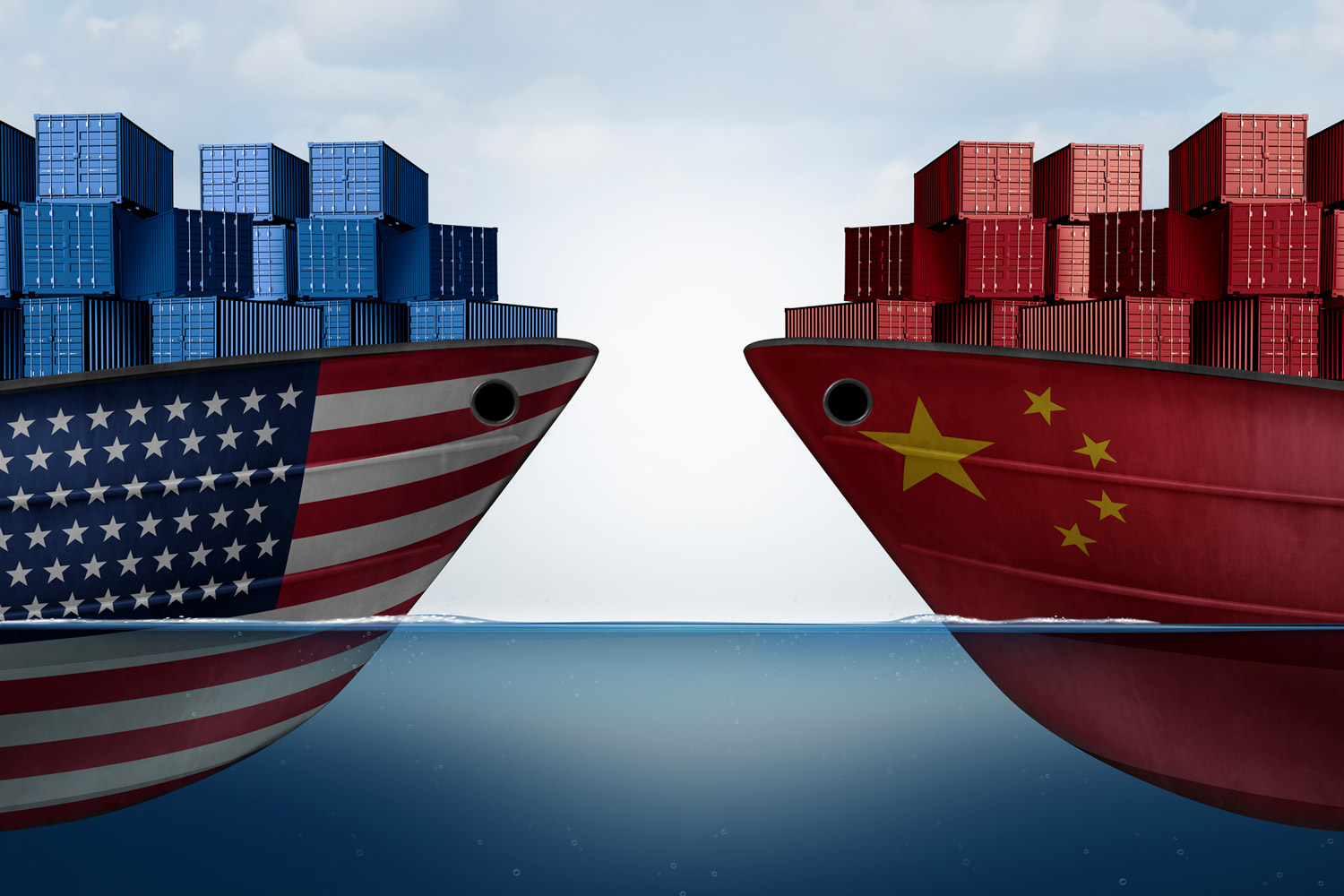Recent developments in international trade have reignited tensions between major economies. Tariffs on key goods, trade restrictions, and regulatory changes are affecting global supply chains, inflation rates, and economic growth. Countries are taking protective measures to safeguard domestic industries, leading to heightened uncertainty in global markets.
Economists warn that prolonged trade disputes can slow global economic recovery and increase the cost of consumer goods worldwide. Multinational corporations are closely monitoring these shifts to adapt production and distribution strategies.
Impact on Businesses and Industries
Businesses across sectors are experiencing significant challenges due to rising tariffs and export restrictions. Manufacturing companies face higher input costs, while technology firms struggle with supply chain disruptions.
Industries such as automotive, electronics, and agriculture are particularly vulnerable, with companies forced to reevaluate sourcing strategies, pricing models, and market expansion plans. Strategic risk management and diversification have become essential to maintain competitiveness.
Political Dimensions of Trade
Trade disputes are closely intertwined with political dynamics. Governments leverage tariffs and sanctions to negotiate favorable trade agreements, protect national interests, and influence geopolitical outcomes.
Diplomatic efforts, bilateral talks, and multilateral agreements play a pivotal role in mitigating conflicts and promoting cooperative solutions. Political stability and policy predictability are key factors for investor confidence and sustainable economic growth.
Technological Solutions and Adaptation
Companies are increasingly adopting technology to navigate trade challenges. AI-powered supply chain analytics, blockchain for transparency, and digital logistics platforms help businesses optimize operations and reduce vulnerabilities.
Innovation in logistics and inventory management enables firms to respond quickly to changing trade regulations, minimizing disruptions and maintaining efficiency.
Future Outlook
Experts predict that global trade will remain volatile in the short term, with continued negotiations and policy adjustments shaping outcomes. Collaborative international frameworks and trade agreements will be essential to stabilize markets and foster sustainable economic growth.
Businesses that proactively adapt to changing trade dynamics, leverage technology, and diversify markets are more likely to thrive amid uncertainty.
FAQs
What is causing current global trade tensions?
Rising tariffs, trade restrictions, and regulatory changes between major economies are creating instability.
Which industries are most affected?
Manufacturing, technology, automotive, electronics, and agriculture face significant disruptions.
How do politics influence trade disputes?
Governments use tariffs, sanctions, and negotiations to protect national interests and influence international relations.
How are businesses adapting?
Companies use AI analytics, blockchain, and digital logistics to optimize supply chains and minimize disruptions.
What is the long-term outlook?
Trade volatility is expected in the short term, but international cooperation and adaptive strategies can stabilize markets.
Conclusion
Global trade tensions highlight the intricate relationship between economics, politics, and business strategy. Rising tariffs and regulatory changes challenge industries and require adaptive, technology-driven approaches to maintain competitiveness.
While uncertainty persists, proactive businesses, diplomatic negotiations, and innovative solutions can mitigate risks and foster stability. Understanding the political and economic dimensions of trade is critical for navigating the complex global marketplace and sustaining long-term growth.

Leave a Reply